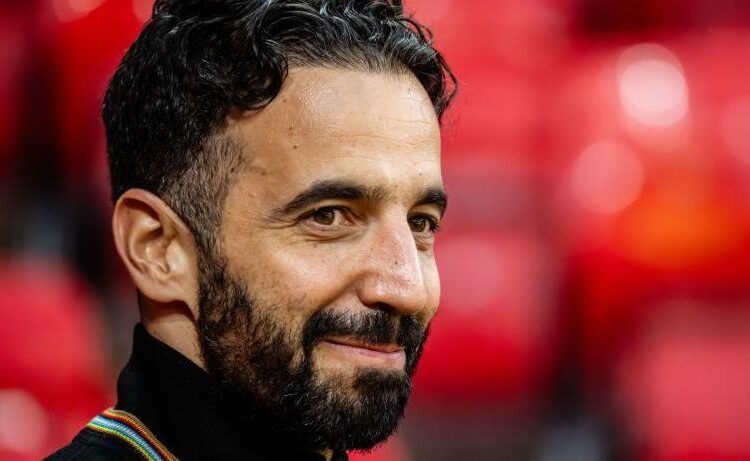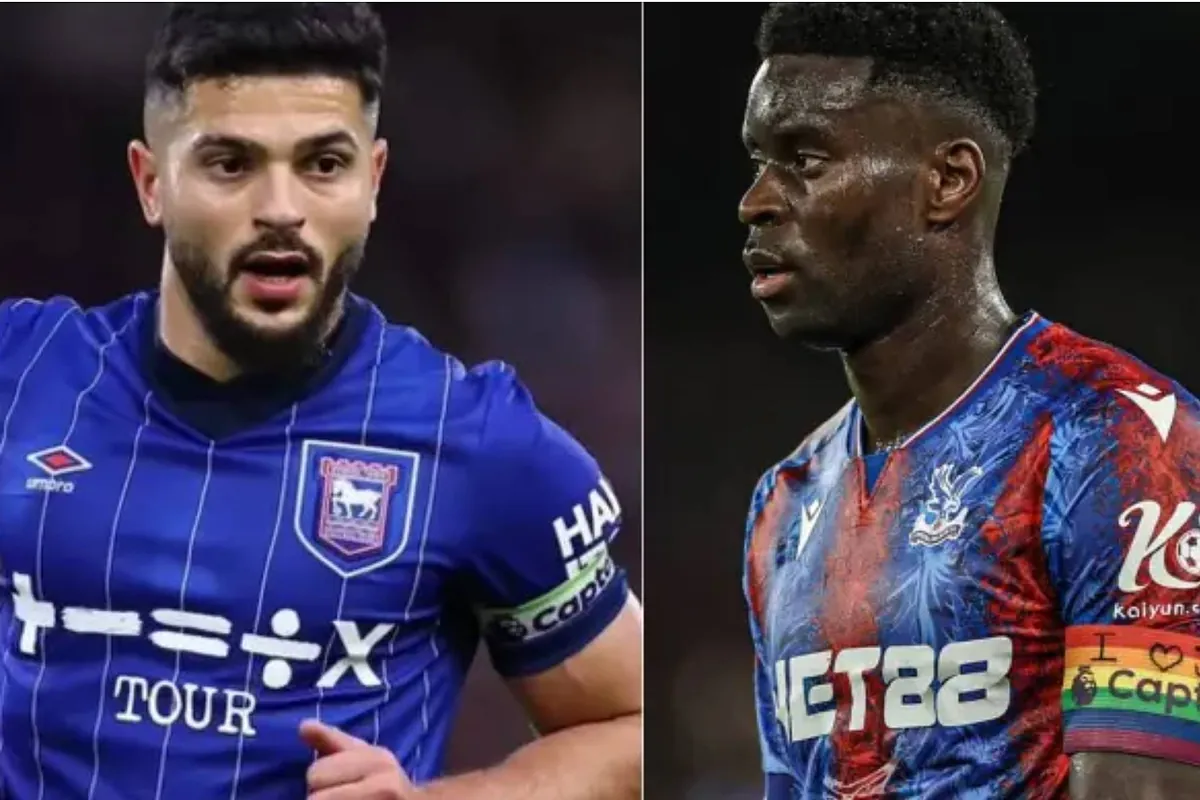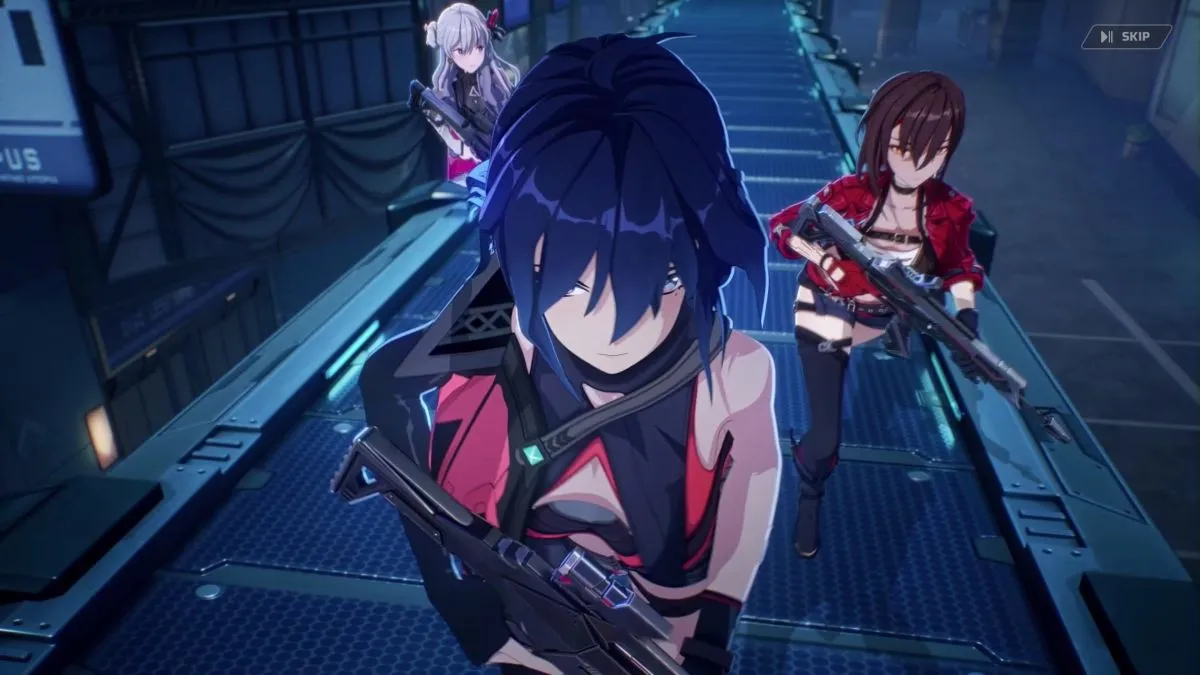“I’ve got a problem,” Ruben Amorim replied when his friend Bruno Simao suggested fixing up a trial game at Portuguese club Belenenses so the childhood pals could be reunited.
Amorim and Simao, who had played football together since the age of nine, had gone their separate ways after being released by their hometown club Benfica in their teens.
While Simao had managed to get himself fixed up at nearby Belenenses, midfielder Amorim was struggling to come to terms with being let go by the club he had supported as a boy growing up in Lisbon.
“I said to Ruben: ‘Why don’t you come and play with me again at Belenenses?'” Simao tells BBC Sport. “I said I’d speak with the coach to fix up a game so he could watch him.
“Ruben replied: I cannot play, I broke my arm.'”
Amorim’s football career looked over before it had even started, but Simao was persistent.
“I said: ‘Don’t worry, I’m sure the coach will see you and you will stay with us.'”
And so a trial game was arranged, with Amorim playing despite his injured arm.
“He was centre-back and the coaches told all the players: ‘Take care of him because of his arm,'” recalls Simao. “He came through the game and stayed with us at Belenenses.
“That was the start of his professional playing career.”
A desire to succeed and a drive to overcome setbacks are recurring themes in the story of Ruben Filipe Marques Amorim.
And it is that resilience and steely determination that has brought the 39-year-old to the point he is preparing to take charge of Manchester United for the first time – against Ipswich at Portman Road on Sunday (16:30 GMT).
“We keep in touch,” says Simao of the youngest full-time United head coach since Wilf McGuinness, 31, in 1969.
“Ruben is godfather to my eldest daughter Carolina, who is 18. Even yesterday I messaged him about going to Manchester United.
“It’s a good opportunity for him to go there as a coach. They are not in a good moment but it’s still a top club and for Ruben it will be wonderful.”
‘Ruben cried after losing to Sporting’
Pedro Russiano remembers Amorim already being a passionate player by the age of seven at Benfica.
“When we lost against Sporting I remember the whole team cried a lot, including Ruben,” says Russiano.
“We started to play football together 33 years ago at Benfica’s school. Ruben was a very aggressive player, fighting for all the balls.
“I played on the left side of midfield and we made very good combinations. We learned a lot together. It was a good group who only thought about football.”
About 10 kilometres from Benfica’s Estadio da Luz, which Amorim would later call home despite the early rejection, is the beautiful district of Belem on the banks of the River Tagus and where Belenenses play in the third tier of Portuguese football.
It was here Amorim made a name for himself as a player after earning a contract despite his fractured arm.
Back in 2007, Belenenses, who were playing in the Primeira Liga, reached the Portuguese cup final, where they faced Sporting at Estadio Nacional – scene of Celtic’s glorious 1967 European Cup triumph over Inter Milan.
On the walls of Belenenses’ club museum is a framed team picture from that day 17 years ago. On the front row, second from right, is a kneeling Amorim with Candido Costa, the former Braga winger, to his left and Brazilian full-back Rodrigo Alvim to his right.
He was substituted after 71 minutes with the score 0-0. Sporting, whose side included former Manchester United winger Nani, won 1-0.
“Despite the result, it was a great game,” says Patrick Morais de Carvalho – president of Belenenses.
“Ruben was perhaps one step ahead of the others, because he was not an exceptional player but I think he was able to assert himself by the intelligence in which he moved on the field and the way he tactically understood the game from a very young age.”
In 2008, after more than 100 league and cup appearances, Amorim’s dream came true when the club that had rejected him as a teenager came back to sign him.
“Ruben spent six years here but we knew that the club of his heart was Benfica,” adds Morais de Carvalho.
Learning from Mourinho & lunching with Man Utd players
Amorim helped Benfica win three league titles during his nine years there. He played in both the Champions League and Europa League, and helped them beat Liverpool in 2010.
He is a week older than Cristiano Ronaldo – his Portugal team-mate at the 2010 and 2014 World Cups.
While at Benfica, he had loan spells at Braga and, towards the end of his playing career, in Qatar with Al-Wakrah.
But Amorim had already developed a reputation as someone who absorbed information like a sponge, and as his playing career came to an end he turned his attention to coaching.
In 2017, aged 32, he undertook a postgraduate degree at the University of Lisbon, where Jose Mourinho – Manchester United’s manager at the time – was a coordinator and lecturer on its High Performance Coaching course.
The course was conducted in English, which Amorim had learned at secondary school.
“Ruben was one of the best students and for that reason he had a one-week internship at Manchester United,” says Antonio Veloso – professor at the Faculty of Human Kinetics at the University of Lisbon.
“Basically it involved following the preparation of one game.”
Amorim was no stranger to some of United’s players having been team-mates with Nemanja Matic and Victor Lindelof at Benfica.
“I remember talking with Matic and he was saying: ‘Of course Ruben is going to be a coach,'” adds Prof Veloso. “All of Ruben’s colleagues understood that he was one of those players who had a tremendous tactical knowledge and understanding of what coaching was about.”
During his week in Manchester, Amorim joined Lindelof and Matic for lunch in the canteen and, after a busy day of learning, he was invited to dine with an impressed Mourinho at Juan Mata’s restaurant in the city centre.
Soon afterwards, a coaching role came up at Casa Pia – a Lisbon-based club playing in the third tier at the time.
Prof Veloso added: “People in football asked me: ‘Ruben did the programme with you – how do you think he will do as a coach?’
“I said: ‘He will be a top coach.'”
‘He is the second Special One’
Amorim had started out as a coaching intern at Casa Pia before taking full charge and guiding them to promotion on a minimal budget.
“As a coach, the most important thing for Ruben is to get a close relationship with his players,” adds Simao, who played for his friend at Casa Pia after recovering from a traffic accident in 2018 which left him in a coma.
“The accident was about the same time he was appointed coach at Casa Pia.
“Sometime later I sent him a message and said: ‘Look, what do you think about having me in your team?’ He said: ‘Please, we cannot mix our relationship. You were in a coma four months ago, you are 33, and you are an expensive player for Casa Pia.’
“Then, after one week, he messaged me to say: ‘Look, I want you in my team. Let’s make it happen.'”
It was not all plain sailing, however, and Simao remembers Amorim’s reaction when things did not go to plan.
“I have seen many times him getting angry because he wants to play well and win.”
One such occasion came following a defeat by Amora, managed at the time by Russiano – Amorim’s friend from childhood.
“It was very good to see a good friend again,” says Russiano. “We spoke and remembered the things when we were young. My team won 1-0!
“At Casa Pia he decided to play a different system and switched to 3-4-3. They went on a run that put them in first position.”
And with a nod back to Mourinho, Russiano adds: “He is the second ‘Special One’.”
Victor Seabra Franco, president of Casa Pia, says Amorim was paid an “insignificant” amount of money because of a tight budget and limited resources.
“I won’t mention the numbers, because they’re so small that it’s not worth mentioning them,” he adds.
“For the matches, which were at 3pm in Alentejo or Algarve, we would set off early in the morning. We trained at night. Ruben changed things and we started training in the morning.
“Sometimes there was no water, for example, but even with all the difficulties, there was a group, and Ruben – and those players liked Ruben.
“They did everything so that Casa Pia and Ruben could win.”
There were tears shed among the players when Amorim announced he was leaving Casa Pia after just one season.
“That’s the saddest memory of Ruben’s presence – the day he left Casa Pia,” says Seabra Franco.
‘He can create magic’
Amorim went on to manage Braga before setting about repairing fractured relationships between officials and fans at Sporting in 2020.
“There was a lot of instability before he took charge,” explains Sporting fan Andrew Duraes. “The fanbase was not happy at all.
“Ruben was the main beacon of hope. It’s going to be emotional when he leaves. There was an elderly gentleman here outside the ground who broke down in tears when it was announced he had been given permission to talk to United.”
Amorim took charge of Sporting in March 2020, and within 14 months delivered a first league title in 19 years. He has since won another.
“We weren’t too sure at first,” Sporting fan Joao Costa says of a boyhood Benfica fan taking charge of his club.
“Now? Ruben is worthy of being in charge of any club.”
But are United taking a gamble on a young coach who has not managed outside Portugal?
His countryman Mourinho, David Moyes, Louis van Gaal, Ole Gunnar Solskjaer and Ralf Rangnick tried and failed to revive and sustain the glory days since Sir Alex Ferguson stepped down in May 2013.
United then spent about £600m on new players for Erik ten Hag, who led them to one FA Cup and one League Cup before he was sacked last month.
Some Sporting fans have questioned whether Amorim is the right man to replace the Dutchman.
“The job is too big for him at the moment,” England-based John said outside the Estadio Jose Alvalade. “I don’t think Ruben has had enough years here and he’s also inheriting a lot of prima donna players at Manchester United.
“He’s a great coach but he hasn’t got enough experience.”
Yet speak to those close to Amorim and they are in no doubt he can be a success at Old Trafford.
“He uses ideas from all the top coaches that he is always observing,” says Prof Veloso. “When you do that and mix it up like a very good chef – taking ideas from different recipes – you do a very good plate.”
And so back to Belenenses, where it all began for Amorim in terms of his playing career taking off.
Will Amorim, who has signed a contract until June 2027, last longer than the two years and seven months Mourinho managed at United?
Morais de Carvalho says: “He does believe that in Manchester United he’ll have better players, and he thinks he’s smart enough and will have the capacity to adapt the games in a different way of playing, a different system and if that happens he’ll be able to maybe create some magic.”
A version of this feature was first published on BBC Sport on 2 November.
Edited by Alice McKeegan
Additional reporting by Olga Monteiro
Read the full article here


























Discussion about this post